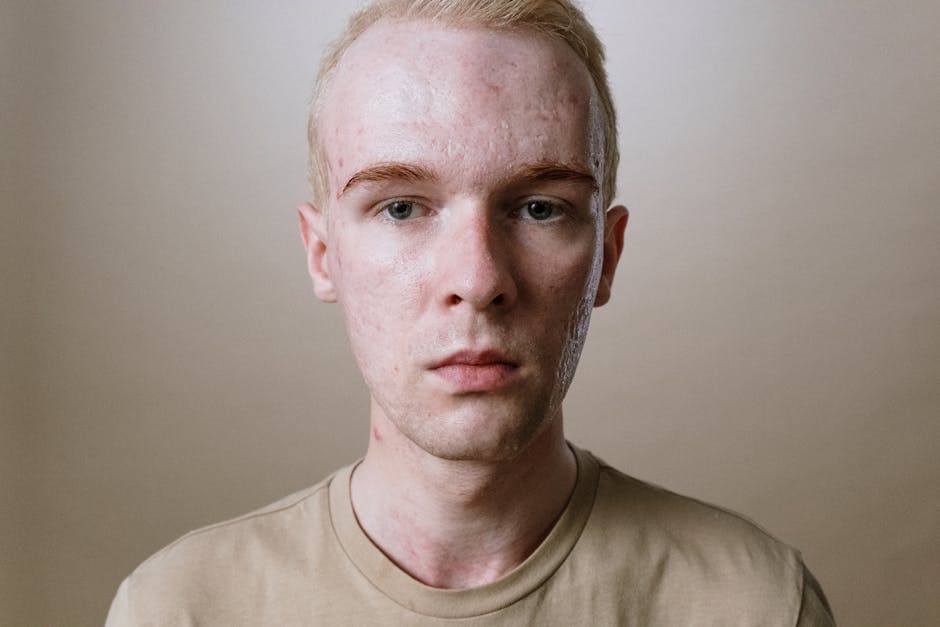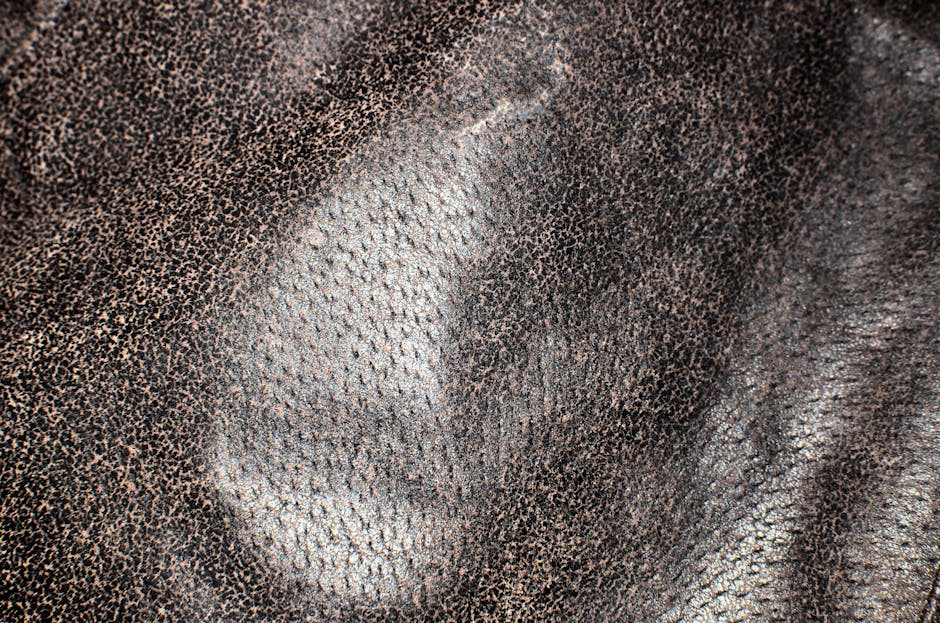How To Cure Acne: A Comprehensive Guide
Acne is a common skin condition that affects millions of people worldwide. It can manifest in various forms, from mild whiteheads and blackheads to severe cystic lesions. While acne can be frustrating and embarrassing, it can be effectively managed with the right approach. This comprehensive guide will provide you with a step-by-step strategy for curing acne.
**1. Identify Your Acne Type**
The first step in treating acne is to determine the specific type you have. There are four main types of acne:
* **Non-inflammatory acne:** Includes blackheads and whiteheads, which are caused by clogged pores.
* **Inflammatory acne:** Includes papules (small, red bumps) and pustules (small, white-headed bumps filled with pus).
* **Nodular acne:** Involves larger, painful nodules that can become infected.
* **Cystic acne:** The most severe type, characterized by large, pus-filled cysts that can cause scarring.
**2. Establish a Skincare Routine**
A consistent skincare routine is crucial for controlling acne. Here are the essential steps:
* **Cleanse twice daily:** Use a gentle, non-abrasive cleanser to remove dirt, oil, and bacteria from your skin.
* **Exfoliate 1-2 times per week:** Gentle exfoliation helps unclog pores and remove dead skin cells that can contribute to acne.
* **Use topical acne treatments:** Over-the-counter or prescription topical treatments, such as retinoids, benzoyl peroxide, or salicylic acid, can help kill bacteria and reduce inflammation.
* **Moisturize daily:** Even acne-prone skin needs moisture. Use a non-comedogenic moisturizer that won't clog pores.
**3. Avoid Triggering Factors**
Identifying and avoiding factors that trigger your acne can help reduce its severity. These triggers can vary among individuals but may include:
* **Dairy products:** Some people find that consuming dairy can worsen their acne.
* **Sugar and processed foods:** High-glycemic foods can increase inflammation and contribute to breakouts.
* **Stress:** Stress hormones can trigger acne flare-ups.
* **Certain medications:** Some medications, such as corticosteroids, can worsen acne.
**4. Maintain a Healthy Lifestyle**
Overall health and lifestyle factors can also play a role in acne. Here are some tips:
* **Eat a healthy diet:** Focus on fruits, vegetables, whole grains, and lean protein to reduce inflammation.
* **Get enough sleep:** Sleep deprivation can worsen acne.
* **Exercise regularly:** Exercise helps reduce stress and hormonal imbalances that can contribute to acne.
* **Manage stress:** Find healthy ways to cope with stress, such as yoga, meditation, or spending time in nature.
**5. Seek Professional Help**
If home treatments are not effective or your acne is severe, it's important to consult a dermatologist. They can prescribe stronger medications, such as antibiotics or isotretinoin, and provide guidance on treatments tailored to your specific needs.
**6. Be Patient and Consistent**
Curing acne takes time and consistency. Don't get discouraged if you don't see immediate results. Stick to your skincare routine and lifestyle changes, and you will eventually see an improvement in your skin.
Remember, every individual's skin is unique, and what works for one person may not work for another. Experiment with different products and lifestyle adjustments until you find what works best for you. With patience and dedication, you can achieve a clear and healthy complexion.


